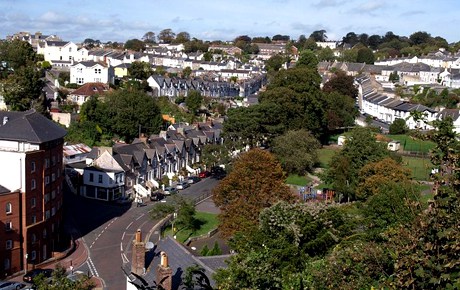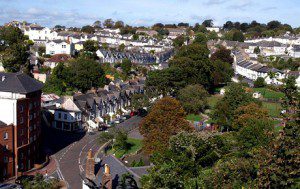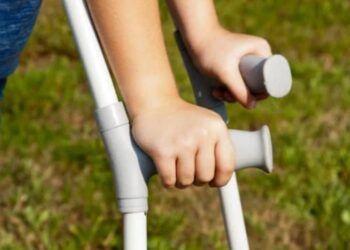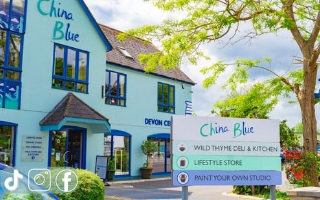“The people of Ellacombe had better renounce the name of religionists, and call themselves ‘alcoholists’.”
One of the impressions we have of Victorian Torquay is of a deeply religious society. Many Victorians believed that Britain’s prosperity, liberty and Empire were rooted in the Christian and Protestant faith. Indeed, the Church of England did build over 600 new churches between 1818 and 1884, while the number of clergy increased from 14,613 in 1841 to 24,232 in 1891. Yet, while an evangelical emphasis on sobriety and thrift appealed to the middle-classes, it meant little to working people as did its social conservatism. By the late nineteenth century, Britain had industrialised, our towns and cities had grown and there were new class divisions. The churches largely failed to maintain the support of the urban working-class and by 1900 they were beginning to lose the allegiance of the respectable middle-classes too.
Recognising that Christian observance wasn’t what it used to be was the Vicar of Ellacombe, the Reverend CE Storrs. In 1895 the Reverend gave a sermon entitled, “If Christ came to Ellacombe”. The Reverend believed that Jesus would be very displeased at what he would find in urban Torquay. You can almost feel the Reverend’s frustration as he preached from the pulpit on that Sunday morning:
“If He came again, what would Christ find in villadom, amongst the villa residents? He should be compelled to say some plain and true words of the selfish luxury of a very large proportion of the affluent and well-to-do classes. We should picture Christ standing almost homeless in Ellacombe. Could we not picture Him looking around Ellacombe Green, Hoxton Road, or Church Road?”
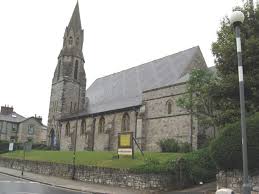 “He would no doubt express disappointment, that to such a great extent His work and the sacrifice of His life had been to all appearances such a terrible failure in Ellacombe… if Christ came into that parish he would see frightful indifference. He would observe a few score men, perhaps a hundred or two on Sunday evenings. We could imagine Him saying ‘Where are the men? Don’t they ever come to offer Me prayer and praise? Have they no hearts to feel? Is the parish made up altogether of women? Ye men of Ellacombe, how would I have gathered ye together but ye would not. There is one here and there in this large parish here to serve Me; the rest are the servants of pleasure, business, money-making and gain.’”
“He would no doubt express disappointment, that to such a great extent His work and the sacrifice of His life had been to all appearances such a terrible failure in Ellacombe… if Christ came into that parish he would see frightful indifference. He would observe a few score men, perhaps a hundred or two on Sunday evenings. We could imagine Him saying ‘Where are the men? Don’t they ever come to offer Me prayer and praise? Have they no hearts to feel? Is the parish made up altogether of women? Ye men of Ellacombe, how would I have gathered ye together but ye would not. There is one here and there in this large parish here to serve Me; the rest are the servants of pleasure, business, money-making and gain.’”
“If Christ came to Ellacombe he would see indifference and unbelief more than ever He suffered on earth before. He would find the evil of intemperance rampant. He would meet it everywhere. He would see drunken crowds and sottish selfishness. If Christ came to Ellacombe and did a miracle, instead of turning water into wine, as he did in Galilee, He would be rather disposed to turn all strong drink into water… The people of Ellacombe had better renounce the name of religionists, and call themselves ‘alcoholists’.”
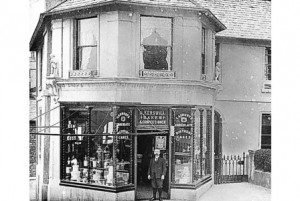 In the following months the Reverend CE Storrs fire-and brimstone admonishments to the folk of his parish were followed up by research amongst, “the working men as a class” to find out why they weren’t going to church. Women, it was decided, weren’t the problem. They were retaining their church-going habits as, “it was more of change for women to go out on a Sunday, because they had been in all week, where the men had not”.
In the following months the Reverend CE Storrs fire-and brimstone admonishments to the folk of his parish were followed up by research amongst, “the working men as a class” to find out why they weren’t going to church. Women, it was decided, weren’t the problem. They were retaining their church-going habits as, “it was more of change for women to go out on a Sunday, because they had been in all week, where the men had not”.
A public meeting was then held to dig deeper into why local men just weren’t going to church as they were expected to by both the local clergy and Torquay’s wider Establishment. At the meeting, the top 10 reasons for not attending church given by Ellacombe residents were read out. Certainly, some of these reasons did seem, well, reasonable. Some said that they did not care to attend a church that had one part for the rich (where seats could be bought) and another for the poor, or that men and women were divided up. Some claimed that the sermons were too long, too dull and too dry. However, other reasons did seem like excuses. They included, “the great need for fresh air” and that working men had unsuitable clothes for church. No-one appeared to admit that they would rather drink six pints of cider as the Reverend suspected.
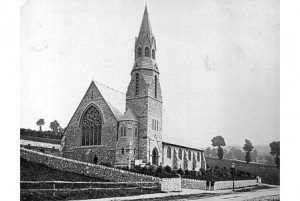 Above all, the researchers found that amongst the men of Ellacombe there was an “indifference to religion”. Perhaps surprisingly, the meeting reported that, “some weren’t Christians” at all and, “a great reason in large centres of population for men not going to church was the spread of atheistic doctrines”.
Above all, the researchers found that amongst the men of Ellacombe there was an “indifference to religion”. Perhaps surprisingly, the meeting reported that, “some weren’t Christians” at all and, “a great reason in large centres of population for men not going to church was the spread of atheistic doctrines”.
It’s now 2016 where around 6% of Torbay’s population regularly go to church. We’re now a society of many faiths and, increasingly, of no faith. In the 2011 Census all 130,959 of us were asked about whether we had a religion. This is what we said:
Who we are in Torbay – the 2011 Census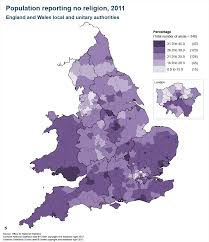
Christian 82,924
No Religion 35,535
Religion not stated 10,110
Muslim 521
Jedi Knight 500
Buddhist 389
Spiritualist 246
Pagan 177
Hindu 128
Jewish 109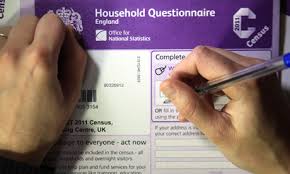
Mixed religion 70
Sikh 41
Wicca 40
Spiritual 36
Taoist 11
Rastafarian 9
Pantheism 7
Own belief system 6
Universalist 6
Baha’i 5
Satanism 5
New Age 4
Witchcraft 4
Deist 3
Heathen 3
Scientology 3
Native American Church 2
For more community news and info, join us on Facebook: We Are South Devon or Twitter: @wearesouthdevon


